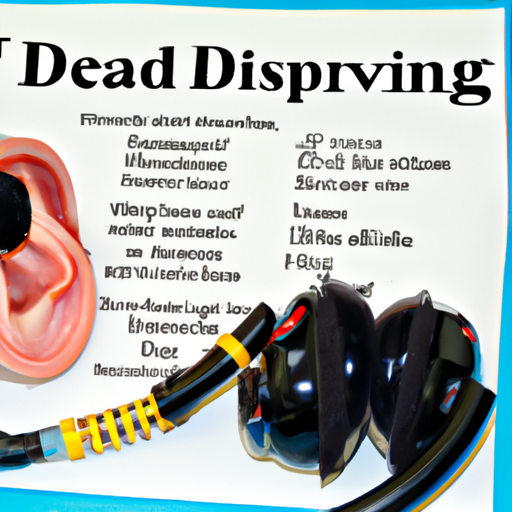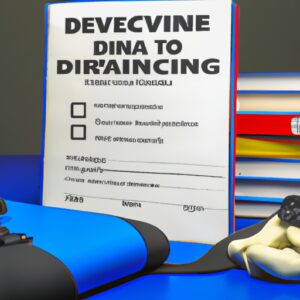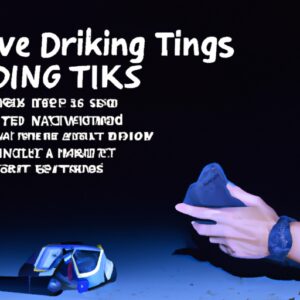
Scuba Diving and Ear Problems: What You Need to Know
Hey guys! Are you all set for the underwater adventure of a lifetime? Oh, wait. Not so fast! Did you know that there could be some ear troubles lurking around the corner for you? Don’t panic just yet, because we’ve got everything you need to know about scuba diving and ear problems covered right here.
First things first: your ears are pretty amazing, and you should take good care of them. As you descend into the depths of the ocean, water pressure increases, and air spaces in your body (like your ears and sinuses) can have trouble adjusting. This can lead to some painful or even dangerous problems if you’re not careful.
So what can you do to avoid these unpleasant experiences? Let’s dive into it together!
Equalizing Your Ears
One of the most effective ways to prevent ear problems when scuba diving is to learn how to equalize your ears. This fancy term just means that you’re bringing the pressure inside your ear to the same level as the pressure outside your ear.
There are a few methods for equalizing your ears, but the most common one is the Valsalva maneuver. To do this, pinch your nose shut and gently exhale while keeping your mouth closed. You’ll feel air moving through your Eustachian tubes (the tubes that connect your throat to your ears) and your ears should pop. Voila!
Remember to equalize your ears frequently as you descend and always take it slow. Rushing down to the bottom is a surefire way to mess with the delicate pressure balance in your ears and cause pain or even injury.
Ear Infections
Another common issue divers face is ear infections. These can be caused by water getting stuck in your ear canals, which can create a moist and warm environment for bacteria to grow.
To avoid this, make sure you dry your ear canals thoroughly after diving. Tilt your head to the side and gently pull your earlobe to allow water to drain out. You can also use ear drops designed to help dry out your ears.
If you do end up with an ear infection, it’s important to seek medical attention. Don’t try to tough it out, as the infection can spread and cause more serious problems.
Wetsuits and Ear Squeeze
Wetsuits can also have an impact on your ears when scuba diving. A well-fitted wetsuit can help prevent water from getting into your ear canals, but a tightly sealed wetsuit can also create another problem called ear squeeze.
Ear squeeze occurs when air is compressed in your ears due to the suit’s tight seal, causing discomfort or even pain. To avoid this, make sure your wetsuit fits comfortably without being overly tight.
The Bottom Line
A little attention to detail can go a long way when it comes to scuba diving and ear problems. Remember to equalize your ears frequently, take it slow, and dry out your ears after diving. And if you run into any troubles, don’t hesitate to seek medical attention.
Happy diving, and may your ears be as healthy as a dolphin’s!
#ScubaDiving #EarProblems #EqualizingYourEars #EarInfections #Wetsuits #EarSqueeze #HealthyEars #DivingTips







